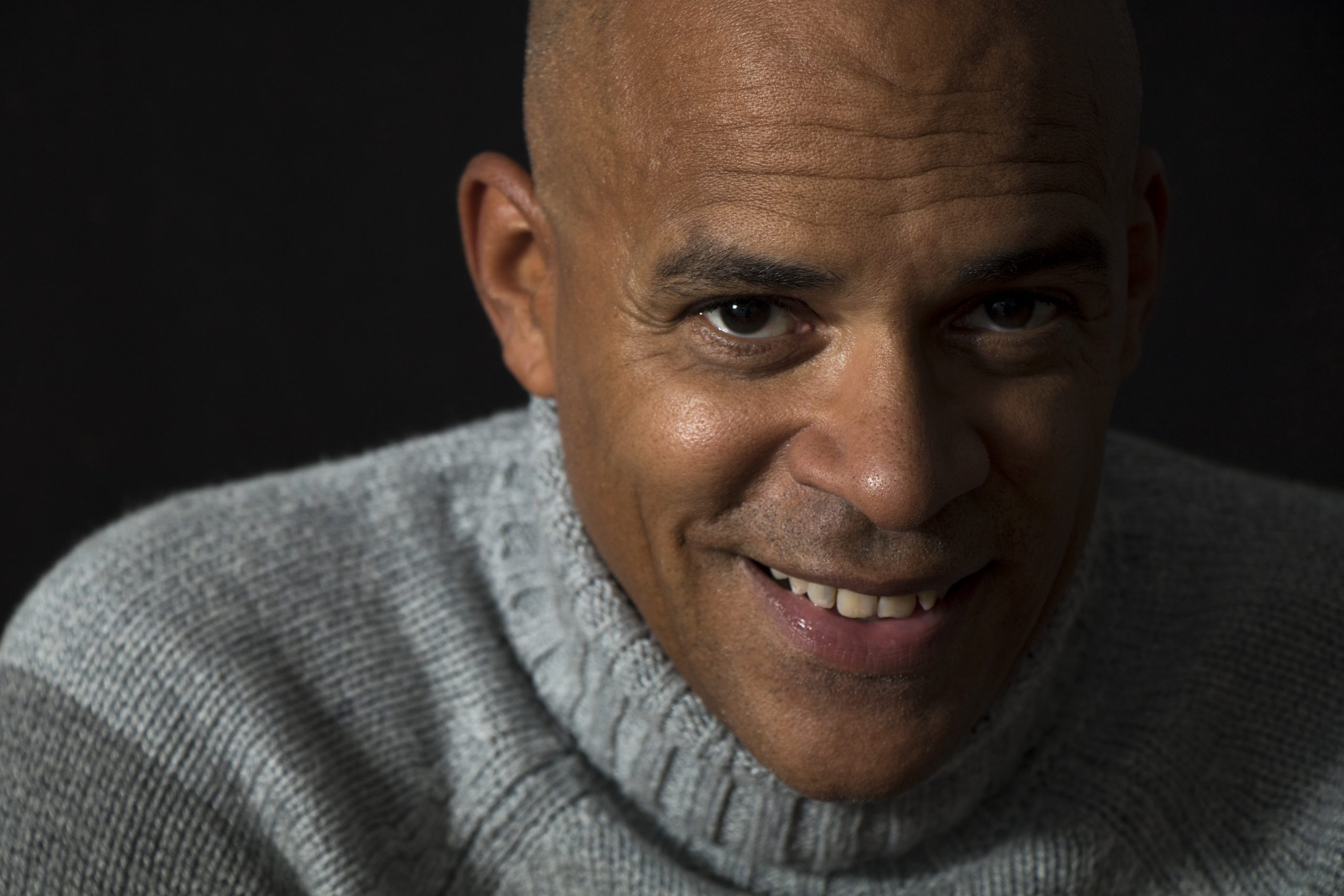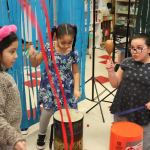Voices from School Communities: Timothy David Rey
In response to the murder of George Floyd and the national protests that have followed seeking an end to the systemic racism that targets Black Americans specifically and people of color in general, CAPE staff sought out voices from school communities where we work. We sent out a query to a group of CAPE teachers, artists, and school administrators, asking what they are hearing from students and parents, and also about their own perspectives as community members and as educators trying to find ways to teach to and learn in this moment.
Voices from School Communities is a developing collection of these responses that offer first-hand perspectives from our teachers, artists, and community partners as they reflect and report on current events and personal experiences.
Our first response comes from Timothy David Rey, a CAPE teaching artist.
-Scott Sikkema
As a teacher / artist of color, it is imperative to record and search for (I believe that is part of what is going on now in this country) a language and future that is uniquely our own. That “our own” includes all voices. The dialogue must come first.
At Telpochcalli Elementary School, Dana Oesterlin, my partner teacher, and I are having the students perform their present state of emotion through theater. The prompt is loose enough to give them room to interpret freely. The awareness of the artistic vision always needs to be enhanced in schools. This is what CAPE does. Albeit artists are thought to be “out there” in every way, and students similarly are left out of the “adult conversation” at the table.
Now is the time for the three of them to meet and talk. Artist-Student-World. WE must instigate the engagement. Part of the work of the artist is to research all the extremes of the world and mold them, and teaching has to do with declaring a space in society for inquiry.
Feeling for others is sympathy…but, feeling as others is empathy. That’s what we need at this moment. Empathy can be productive! The Arts can make this happen. I’m not talking about empathy by looking at people of color as victims that are passively acted upon, but rather engaging in an empathy that strives to “humanize” people of color on a continuing basis.
“Defining moment in American history? I don’t think there’s one.”
—Studs Terkel, as interviewed by African-American writer/ performer Anna Deavere-Smith, from her book Talk To Me: Travels in Media and Politics.
 Timothy David Rey
Timothy David Rey
Follow Timothy on Twitter at @timothydavidrey
We look forward to sharing more Voices from School Communities in the coming days and weeks.





